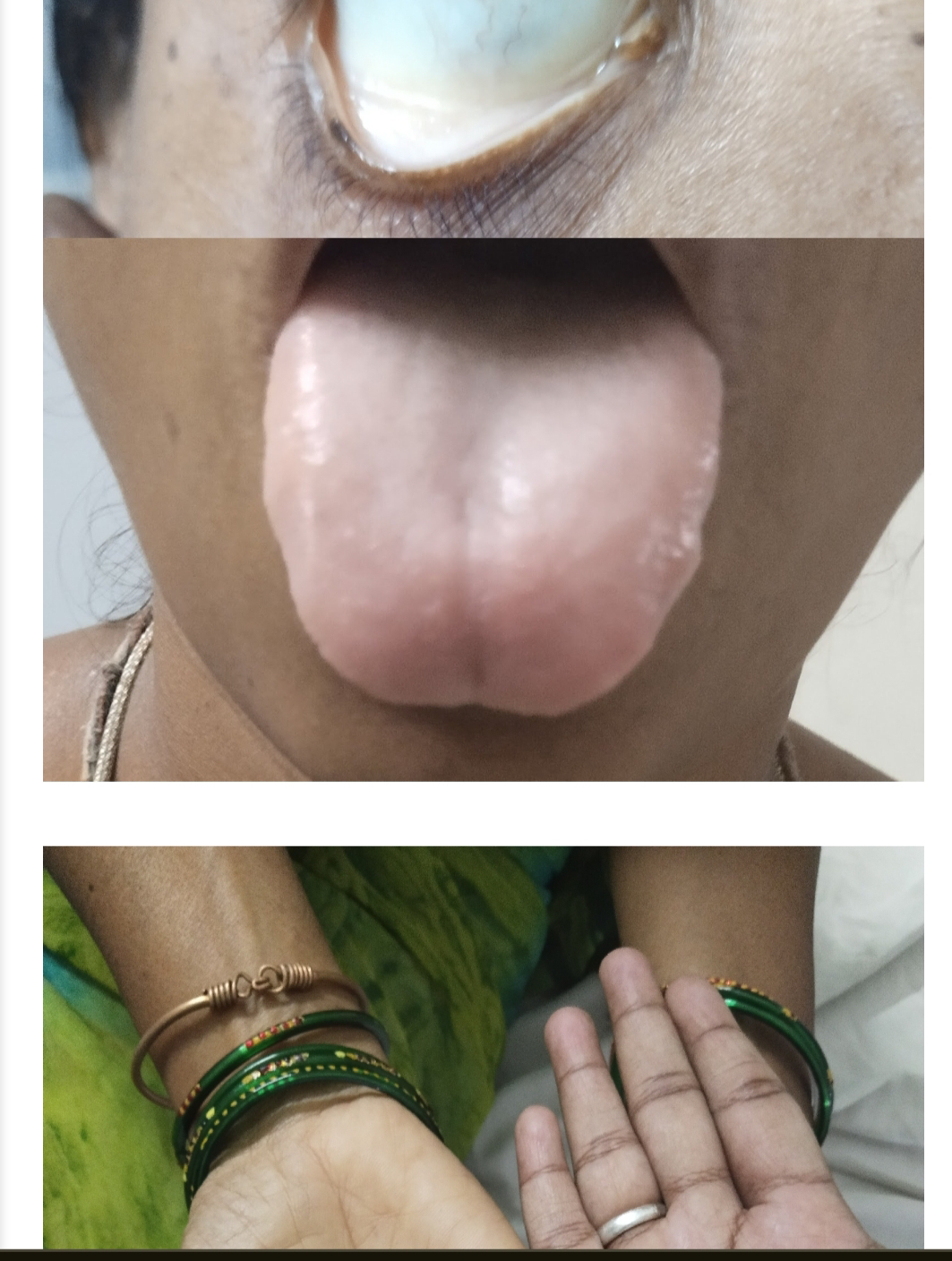CLINICAL COMPLEXITIES IN THE MANAGEMENT AND OUTCOME OF SIGNIFICANT ANEMIA
BACKGROUND:
"Understanding anemia’s varied and complex etiology is crucial for developing effective interventions that address the context-specific causes of anemia." "While iron deficiency ID remains a primary cause in many settings, the proportion of anemic individuals with ID varies by contextual factors, and poor iron nutrition cannot be assumed to be the primary cause in all cases. Given the complex etiology of anemia, the extent to which ID accounts for the anemia burden continues to be investigated."
AIM
To navigate clinical complexity in patients with anemia and optimize their management toward reducing diagnostic and therapeutic uncertainty along with improvement in their anemia outcomes.
OBJECTIVES
• To assess various clinical and investigational characteristics of patients with anemia in relation to their clinical complexity and outcomes. • To analyse patient outcomes based on morbidity (physical, social & psychological limitations)
PATIENTS AND METHOD
PLACE OF STUDY: Department of General medicine , Kamineni Institute of Medical Sciences, Narketpally. STUDY PERIOD: November 2022-October 2024 STUDY DESIGN : Non experimental (Observational) qualitative Prospective Study SAMPLE SIZE: 50 patients
INCLUSION CRITERIA:
Anemia patients of any gender above or equal to 18yrs of age at the time of presentation. • Patients presenting with a combination of anemia and complex etiological possibilities where the diagnosis remains uncertain and treatment remains empirical. For example a typical patient to be included may have low hemoglobin and low serum ferritin with no history of blood loss or dietary indiscretions or a patient with low hemoglobin and high serum ferritin likely to have both iron deficiency as well as chronic
EXCLUSION CRITERIA:
Patients below 18 years of age (minors) 2.Patients not capable of giving consent (mentally-ill patients) 3.Patients not willing to participate in study (nonconsenting patients)
ETHICAL PERMISSION AND CONSENT
nstitutional ethical committee clearance will be obtained from ethical committee of Kamineni Institute of Medical Sciences prior to start of study.
CONSENT FORM
I resident of have been explained about my condition by
the physician and also the nature and purpose of this study. My questions about the above
have been answered in satisfactory manner.
I HAVE READ AND UNDERSTOOD THIS DOCUMENT AND I VOLUNTEER TO BE A
PART OF THIS STUDY.
I NOT BEING FULLY CONVERSANT IN ENGLISH THE CONTENTS OF THIS
DOCUMENT WERE EXPLAINED TO ME IN TELUGU/HINDI.
I HEREBY GIVE MY CONSENT.
Patient’s signature
Date
Time
అ"మతి పత్రము
నేను/మేము అన' రో)యొక్క బంధువులం రో) సంబంధిత సమాచార పత్రము
అందించిన సమాచారాన్ని చదివి అర్థం చేసుకున్నాను మరియునేను అర్థం
చేసుకునే Iషలో అధ్యయన ప్రయోజనం మరియుస్వIవాన్ని వివరించారు.
నేను అధ్యయనం నుం ఎటువంటి ప్రయోజనం పొందలేనని మరియుఏ
సమయంలో అయినా అధ్యయనంనుం వైదొలిa హక్కును నేను కలి)ఉన్నానని నాకు
తెలుసు.
నేను అధ్యయనంలో పాల్గొనేందుకు ఇష్టపూర్వకం' అంరిస్తున్నాన.
సంతకం/బొటనవేలిముద్ పేరు :
PROFORMA(DATA TO BE CAPTURED)
Demographics Patient event data reflected in a narrative history of the sequence of events leading to the current presentation and outcomes Body data from clinical general and systemic examination Pallor Lymphadenopathy
Nails ,organimegaly
Demographics
Skin Muscle mass Mid arm circumference Visceral fat
Body data from laboratory investigation :
CBP with peripheral smear Iron profile with serum ferritin Serum albumin Serum creatinine Special tests on indication : Thyroid function tests Chest X-ray -PA view ECG 2D ECHO Bone marrow if indicated
Data from treatment instituted
Type of treatment started is recorded here
Data from Patient reported outcomes :
DAILY FUNCTIONALITY (IN TERMS OF ROUTINE ACTIVITIES) DAILY DIET IN THE FORM OF MEAL IMAGES CAPTURED BEFORE CONSUMPTION DAILY INTAKE OUTPUT WHERE RELEVANT SUCH AS COMPLEX ANEMIA'S WITH RENAL FAILURE AND NUTRITIONAL DEFICIENCY OR ANEMIA AND CHRONIC DIARRHEA.
REFERENCES
1. Chaparro CM, Suchdev PS. 2019.Anemia epidemiology, pathophysiology, and etiology in low-and middle-income countries.Annals of the New York Academy of Sciences 1450: 2. World Health Organization. 2011. Haemoglobinconcentrations for the diagnosis of anaemiaand assessment of severityAccessed August 4, 2017 . 3. SuchdevPS, Namaste SM, Aaron GJ, et al. 2016. Overview of the Biomarkers Reflecting Inflammation and Nutritional Determinants of Anemia (BRINDA) Project.Adv. Nutr 7: 349–356. 4. Namaste SM, Aaron GJ, VaradhanR, et al. 2017.Methodological approach for the Biomarkers Reflecting Inflammation and Nutritional Determinants of Anaemia (BRINDA) project.Am. J. Clin. Nutr 106: 333S–347S.

Comments
Post a Comment